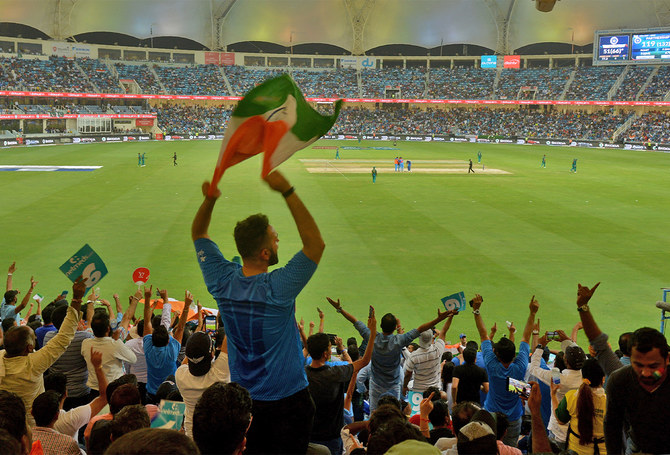ISLAMABAD: The Asia Cup 2022 has officially been moved to the United Arab Emirates (UAE) from Sri Lanka after the island country in the Indian Ocean was shaken with protests in the aftermath of a financial crisis, the Asian Cricket Council confirmed in a statement on Wednesday.
However, Sri Lanka will remain hosts for the tournament, which will be played between August 27 and September 11 in the UAE. The island country has been hosting bilateral cricket series recently despite its political and economic crisis. Pakistan is currently playing a series in Sri Lanka.
Six teams – India, Pakistan, Afghanistan, Bangladesh, Sri Lanka and a qualifying team from either the UAE, Singapore, Kuwait or Hong Kong – will participate in the Asia Cup 2022 which will be held in the T20 format.
The Asian Cricket Council (ACC) said it was eagerly looking forward to holding the tournament.
“Considering the prevailing situation in Sri Lanka, the ACC after extensive deliberation has unanimously concluded that it would be appropriate to relocate the tournament from Sri Lanka to the UAE,” the Council said.
“The ACC is mindful of the passionate Sri Lankan fans, hence the final decision to change the venue has been very difficult, but has been one that was deemed necessary. However, the thoughts of all ACC members remain in solidarity with the cricket-loving nation of Sri Lanka.”
“Every effort was made to host the Asia Cup in Sri Lanka and the decision to shift the venue to the UAE was taken after much deliberation. The UAE will be the new venue while Sri Lanka will continue to retain hosting rights,” Jay Shah, the Asian Cricket Council President, was quoted as saying in a statement.
“We were really looking forward to hosting our Asian neighbors in Sri Lanka for the much-anticipated Asia Cup,” Sri Lanka Cricket (SLC) President Shammi Silva said.
“While I fully stand by the ACC’s decision to shift the Asia Cup to UAE considering the current context and magnitude of the event, Sri Lanka cricket will work closely with the ACC and the Emirates Cricket Board to ensure that we still have an exciting edition of the Asia Cup,” Silva added.
Khalid Al-Zarooni, Vice-Chairman of the Emirates Cricket Board, said ECB took
great pride in the UAE being named the new venue for the Asia Cup.
“The ECB is always ready to help fellow Member Boards and the ACC and Sri Lanka Cricket have our full support ... we have the required infrastructure in place and look forward to welcoming the teams to the UAE,” Al-Zarooni was quoted as saying in the ACC statement.















